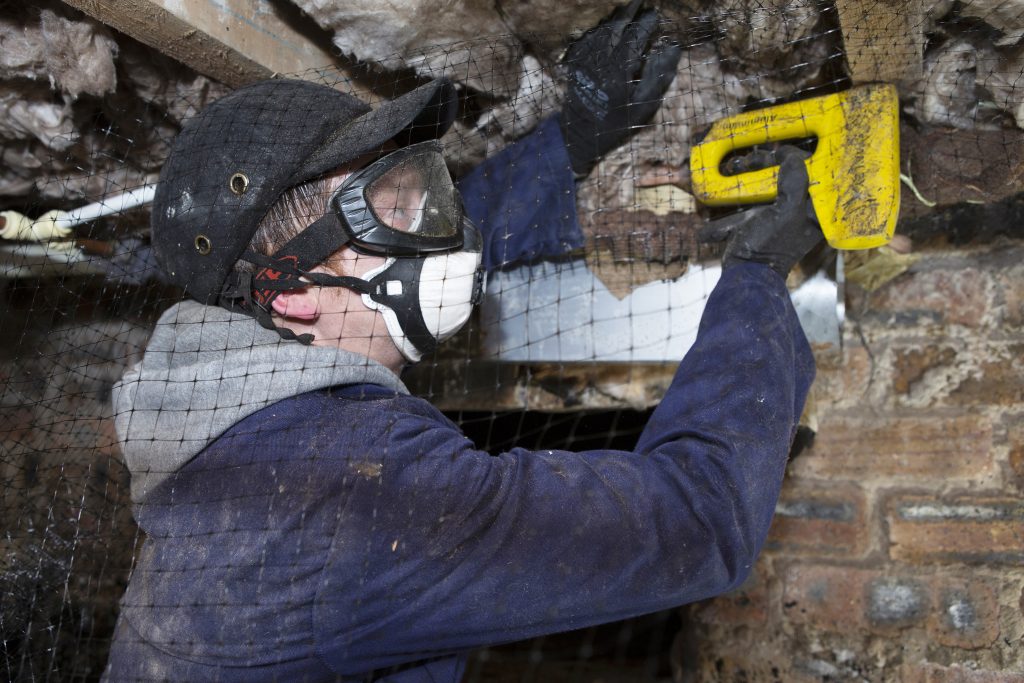1. Why do homes and commercial buildings need insulation?
Improving insulation is an important first step to upgrading the energy performance of homes. Find out more about insulation and why it is so important.
Improving fabric insulation and installing renewable heating (microgeneration) are essential steps to reducing greenhouse gas emissions and addressing the climate emergency. Insulation also helps to lower fuel poverty and ensures that running costs for heating are affordable, improving the level of comfort within households.
Insulating homes has never been more important. Heating costs have risen in recent years, stretching the budgets of millions of families. The UK Government’s research briefing on fuel poverty notes that approximately 13% of households in England were classed as fuel poor, 25% in Scotland, 12% in Wales, and 18% in Northern Ireland. Find out more on how fuel poverty is measured across the UK at the UK Office for National Statistics.
The energy efficiency of a property is recorded in its energy performance certificate (EPC). This is needed whenever a property is built, bought, or sold, and lasts for 10 years. The EPC rating ranges from A to G, with the most energy efficient homes gaining an A rating, and the least a G rating. Older properties typically have poorer EPC ratings.
Details of a property’s EPC rating are available online via the Scottish register.

The Scottish Government, on their Heat in Building Bill consultation proposes to introduce a minimum energy efficiency standard. By the end of 2028, the private rented sector is to meet a minimum energy efficiency standard and by the end of 2033 for owner-occupiers.